Google records 11 accidents in 1.7m driverless car miles
Project director Chris Urmson boasts about Google's safety record
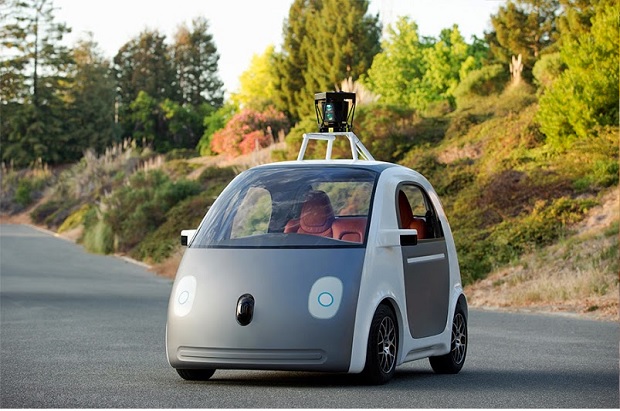

Google's fleet of more than 20 self-driving cars have been involved in 11 accidents, the search giant has revealed.
The data, released by the project's director Chris Urmson in a blog post on Backchannel, describing them as "minor" incidents with "light damage" and "no injuries".
He also noted that "not once was the self-driving car the cause of the accident" in any of the collisions, which occurred over 1.7 million miles driven by the autonomous vehicles - a million when no-one but the car was in control.
The majority of these collisions were caused by other drivers hitting the cars from behind, and Urmson highlighted intersections as "scary places" where many serious accidents occur.
Google claims that its safety record is a result of advanced sensors, which can "keep track of other vehicles, cyclists, and pedestrians out to a distance of nearly two football fields".
The cars have also been programmed to account for human error in other road users. They will pause briefly after a traffic light turns green as "that's often when someone will barrel impatiently or distractedly through the intersection".
Google has been test-driving its fleet rigorously: Urmson claims that they're now averaging around 10,000 self-driven miles a week.
Get the ITPro daily newsletter
Sign up today and you will receive a free copy of our Future Focus 2025 report - the leading guidance on AI, cybersecurity and other IT challenges as per 700+ senior executives
Compared with the fact that that's almost as much as the average US motorist drives in a year, a record of just 11 crashes seems pretty remarkable.
Following instructions from the USA's Department of Motor Vehicles, Google was last year forced to add brake pedals and a steering wheel to its cars in order to make them safe for driving on California's roads.
Guest editor's view
TechUK CEO Julian David says: A total 1.7 million miles and only 11 accidents - that certainly puts me to shame! And the fact that none of them was the fault of the digital car does show that technology can solve the challenges of modern living. It also provides some new justification for the traditional cry from IT professionals facing system problems - it's the users who are to blame!'
Adam Shepherd has been a technology journalist since 2015, covering everything from cloud storage and security, to smartphones and servers. Over the course of his career, he’s seen the spread of 5G, the growing ubiquity of wireless devices, and the start of the connected revolution. He’s also been to more trade shows and technology conferences than he cares to count.
Adam is an avid follower of the latest hardware innovations, and he is never happier than when tinkering with complex network configurations, or exploring a new Linux distro. He was also previously a co-host on the ITPro Podcast, where he was often found ranting about his love of strange gadgets, his disdain for Windows Mobile, and everything in between.
You can find Adam tweeting about enterprise technology (or more often bad jokes) @AdamShepherUK.
-
 Bigger salaries, more burnout: Is the CISO role in crisis?
Bigger salaries, more burnout: Is the CISO role in crisis?In-depth CISOs are more stressed than ever before – but why is this and what can be done?
By Kate O'Flaherty Published
-
 Cheap cyber crime kits can be bought on the dark web for less than $25
Cheap cyber crime kits can be bought on the dark web for less than $25News Research from NordVPN shows phishing kits are now widely available on the dark web and via messaging apps like Telegram, and are often selling for less than $25.
By Emma Woollacott Published
-
 Why cutting-edge innovation is killing the planet
Why cutting-edge innovation is killing the planetIn-depth AI and robots will do our work, we’ll get paid in cryptocurrency, and cars will drive themselves – but each of these technologies is a massive energy hog
By Nicole Kobie Published
-
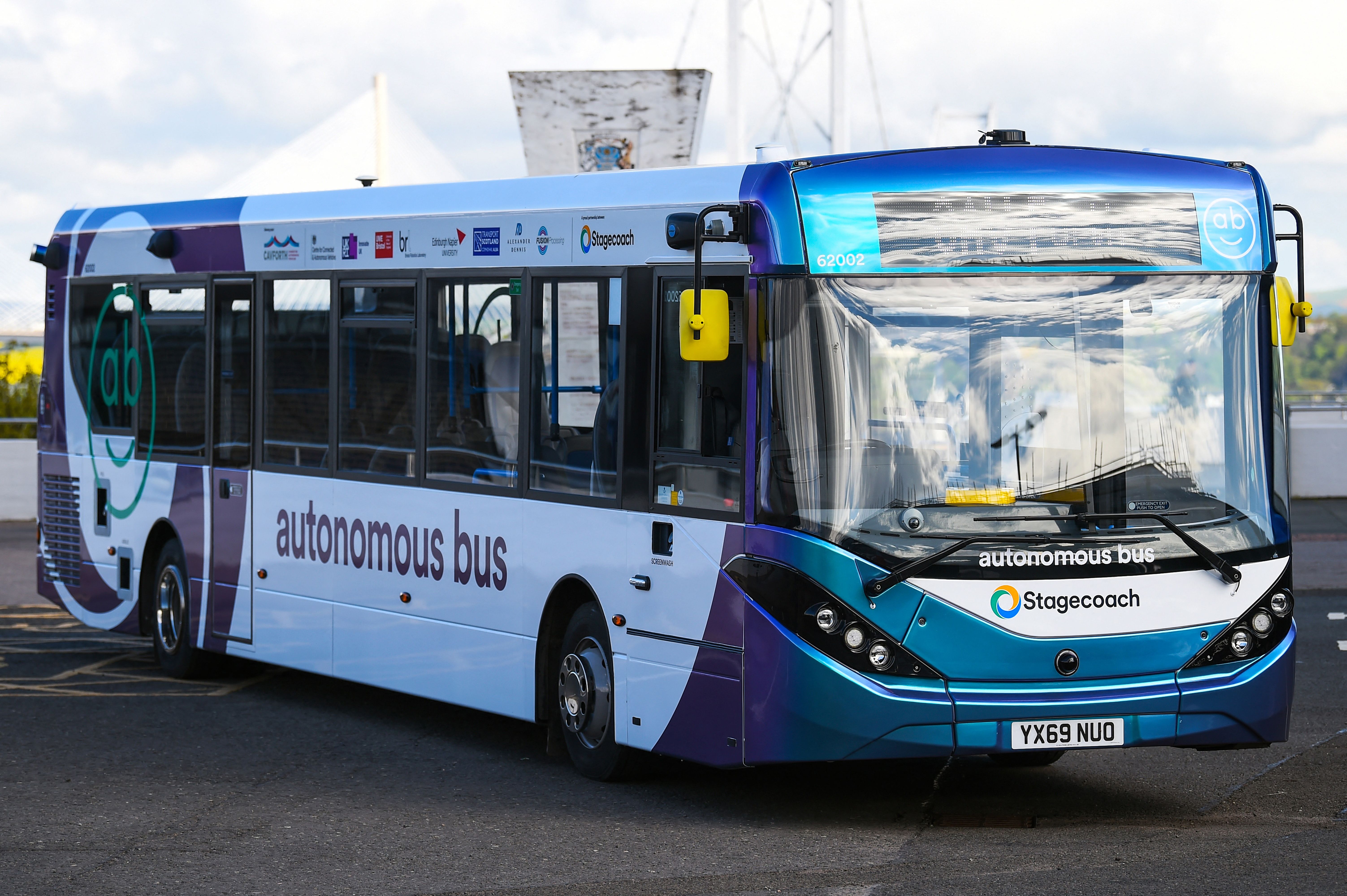 Meet the CAVForth project: The world's first autonomous bus
Meet the CAVForth project: The world's first autonomous busCase Study Edinburgh's AB1 route, in Scotland, lets the public catch a ride on an self-driving bus over the Forth Road Bridge. But is this really the future of public transit?
By Nicole Kobie Published
-
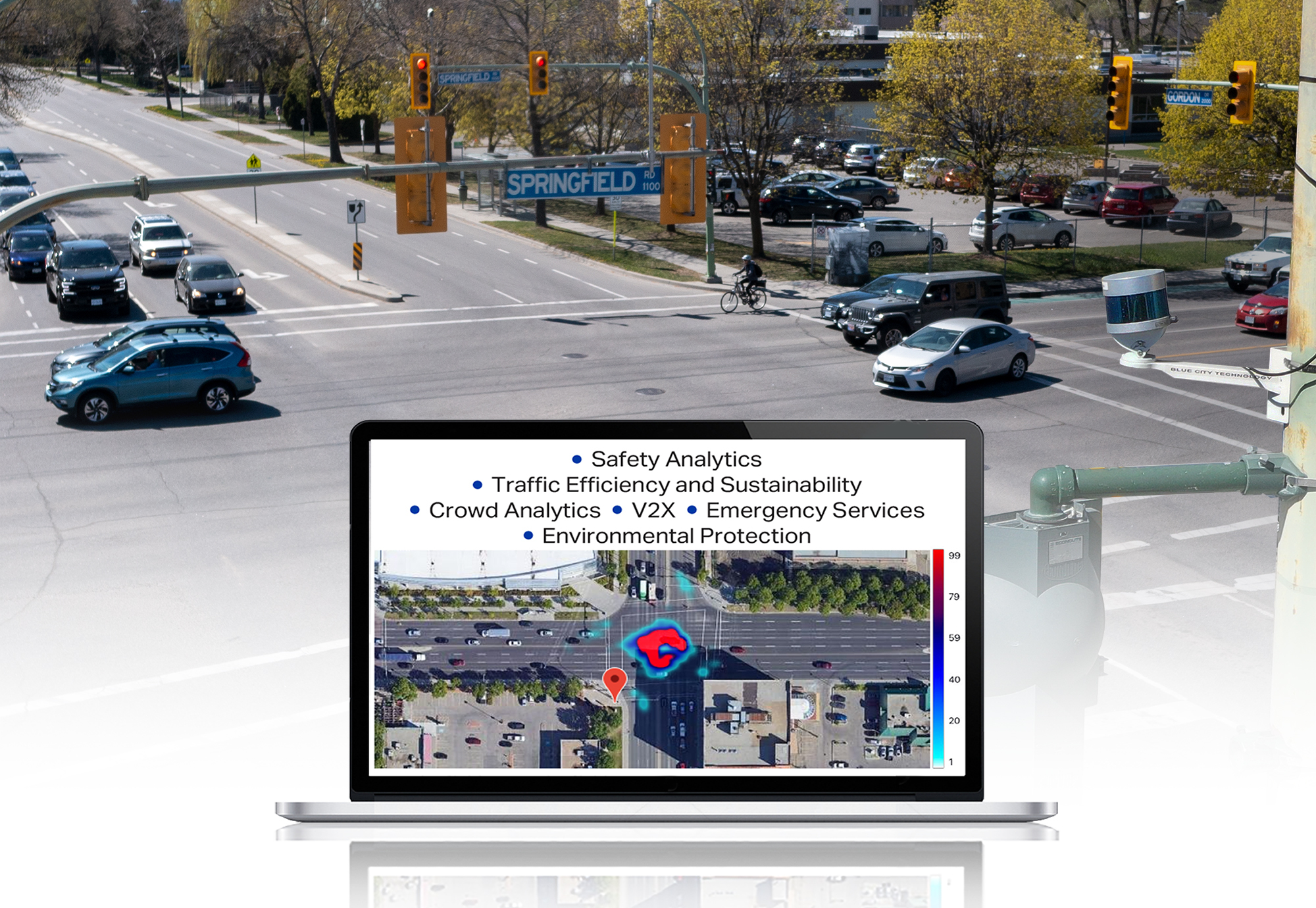 UC Irvine selects Velodyne Lidar’s traffic-monitoring solution
UC Irvine selects Velodyne Lidar’s traffic-monitoring solutionNews HIMaC² will leverage Velodyne’s Intelligent Infrastructure Solution to improve road traffic safety and efficiency
By Praharsha Anand Published
-
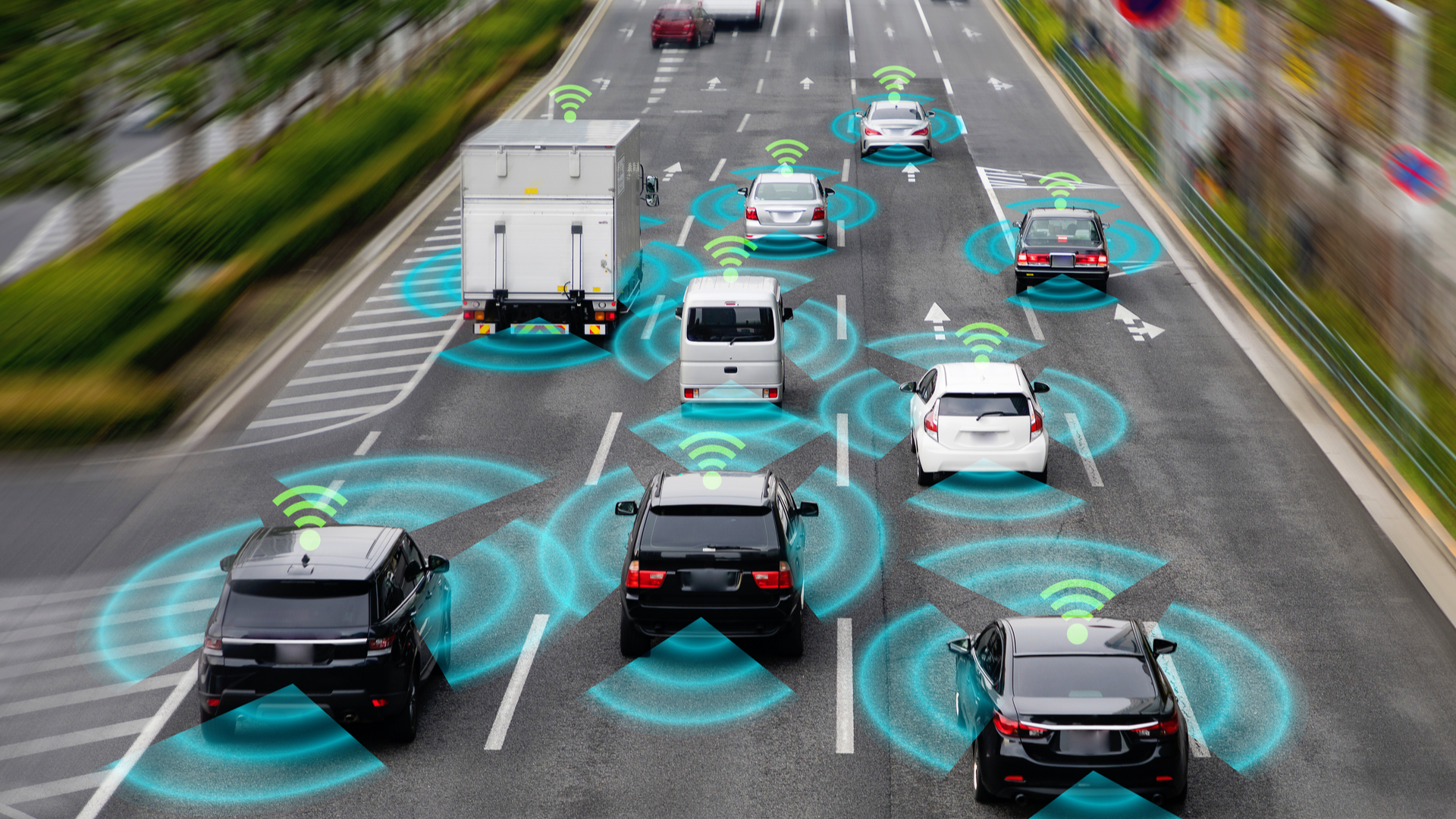 Sonatus secures $35 billion to spur software-defined vehicles
Sonatus secures $35 billion to spur software-defined vehiclesNews The funding will be used to turn cars into data centers on wheels
By IT Pro Published
-
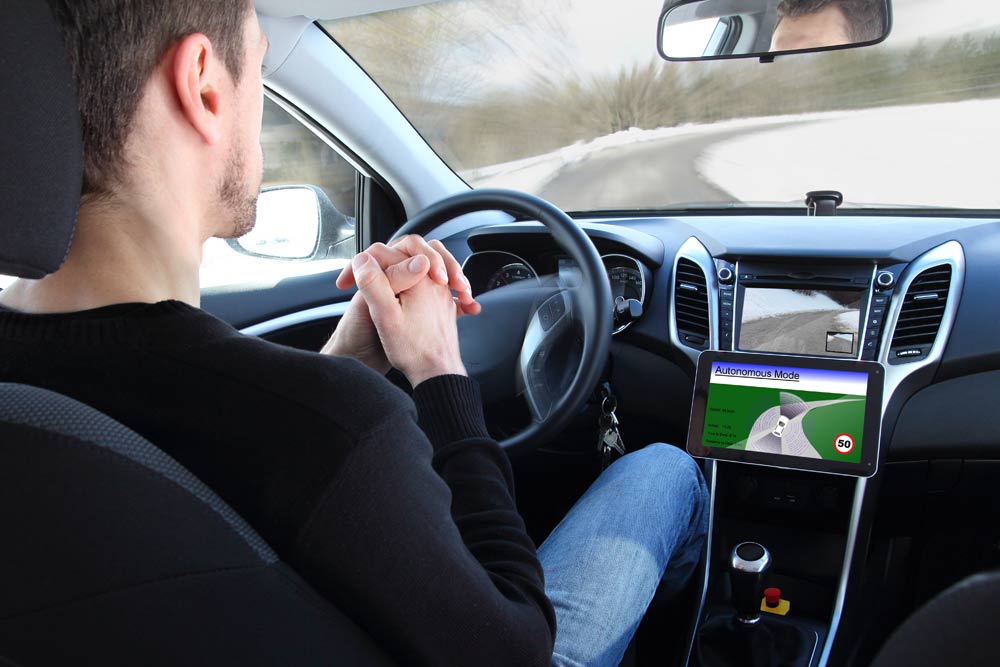 Oculii raises $55 million for its AI-powered radar software
Oculii raises $55 million for its AI-powered radar softwareNews The VAI platform by Oculii improves the angular resolution of any radar by up to 100 times
By Praharsha Anand Published
-
 UK gov to allow self-driving cars on motorways this year
UK gov to allow self-driving cars on motorways this yearNews Automated Lane Keeping Systems to be legally defined as 'self-driving' as a cautious first step to allowing fully autonomous cars on UK roads
By Bobby Hellard Published
-
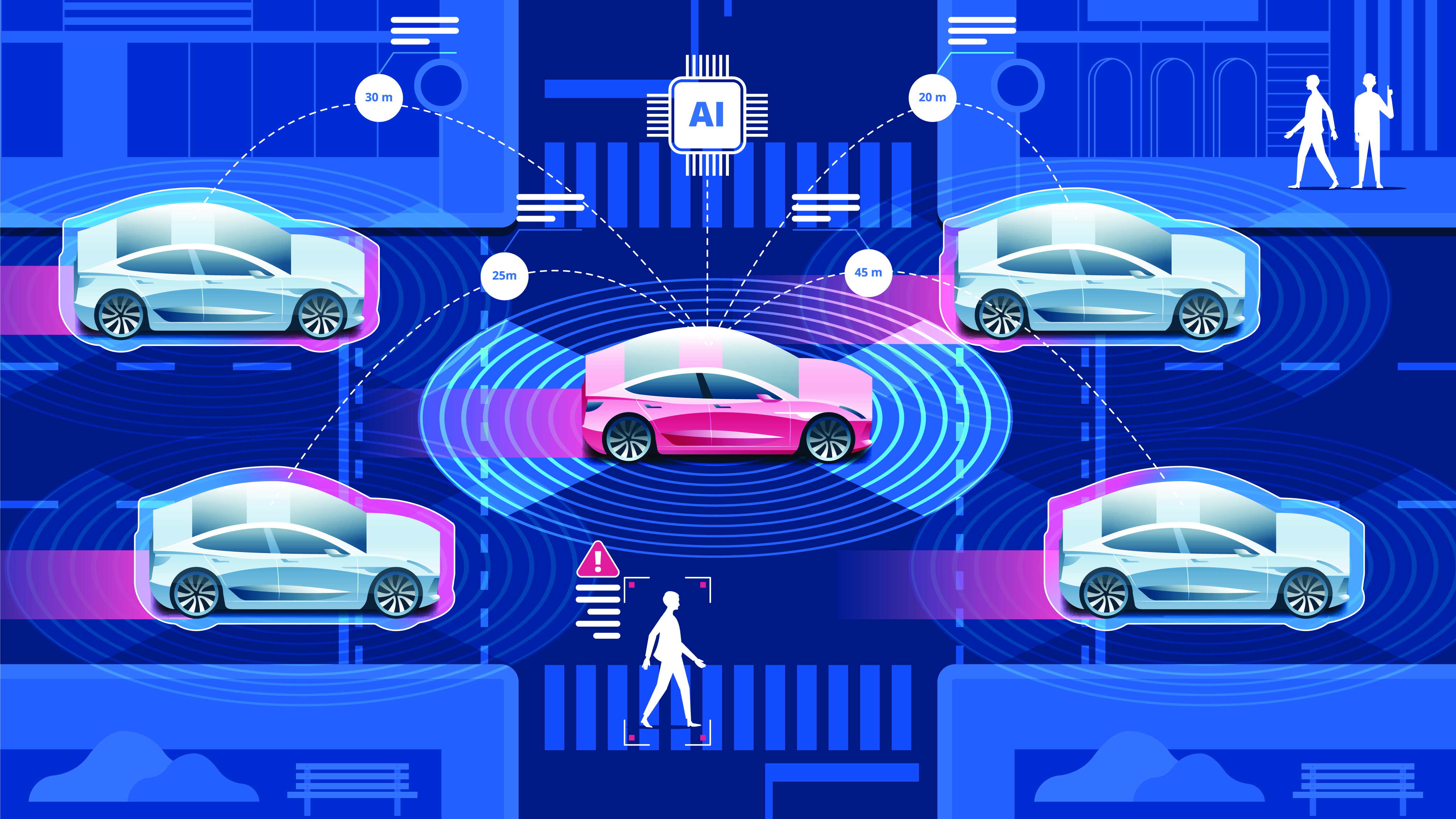 ZF augments vehicle intelligence with next-gen AI supercomputer
ZF augments vehicle intelligence with next-gen AI supercomputerNews New ZF ProAI packs a punch with up to 66% more computing power than its predecessor
By Praharsha Anand Published
-
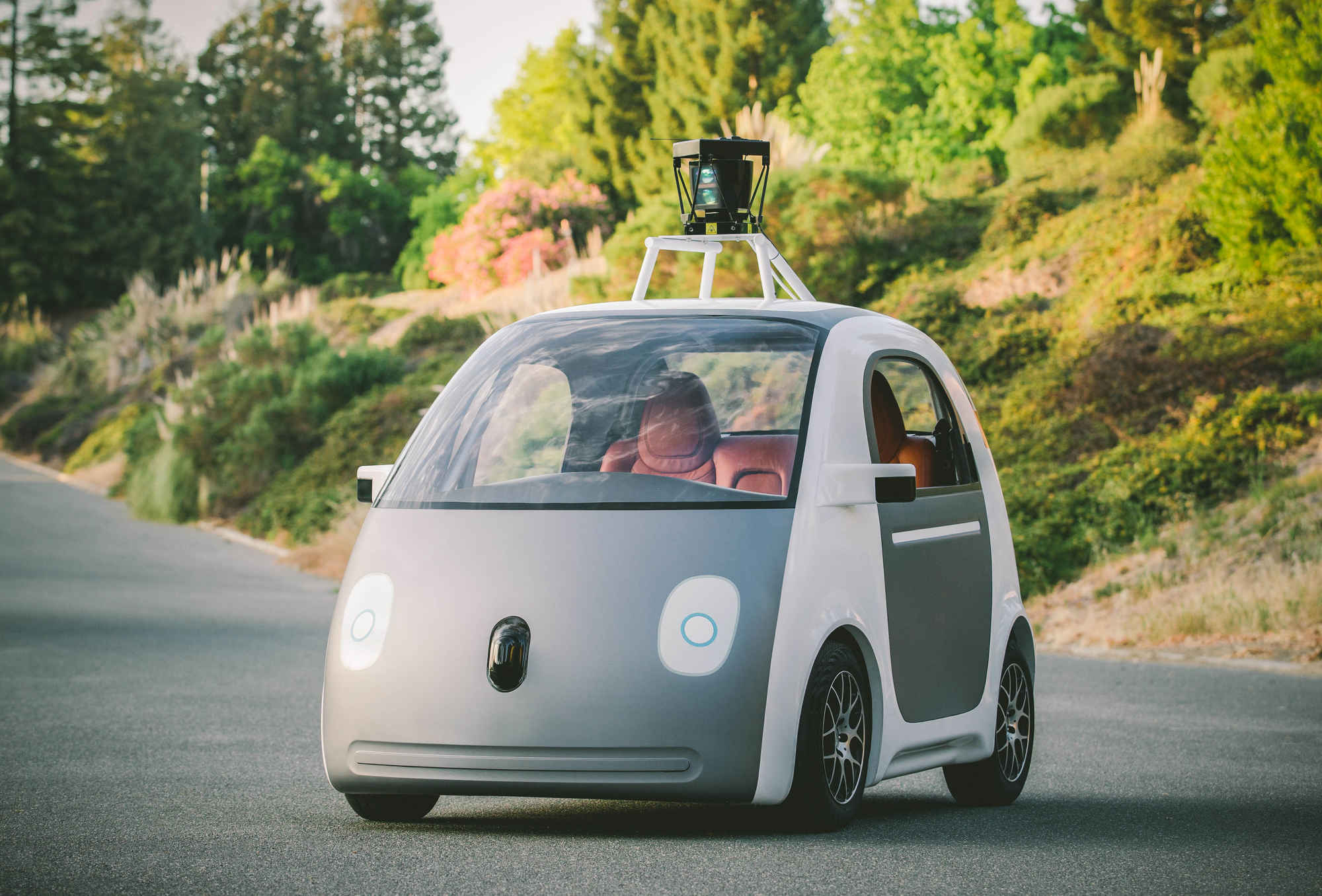 Why driverless cars don't belong on public roads (yet)
Why driverless cars don't belong on public roads (yet)Opinion Autonomous vehicles still can't account for human error
By Jane McCallion Published